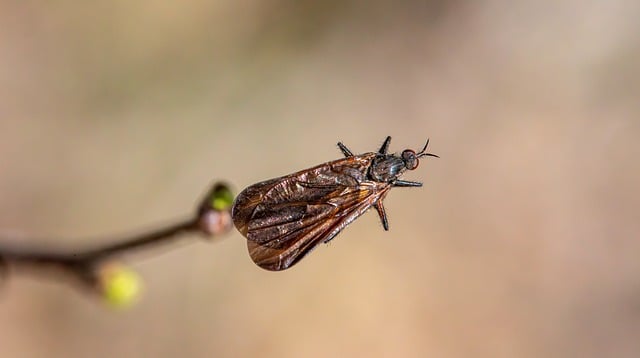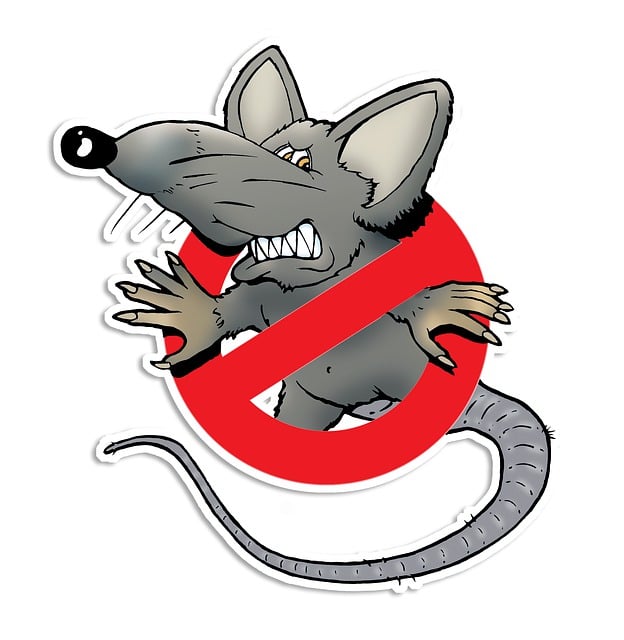Coyotes, once rare in cities, have become common due to changes in urban landscapes. Lone Tree's non-lethal bat removal experts offer innovative coyote control methods focusing on understanding and managing behavior. Techniques include noise makers, scent repellents, and habitat modifications to deter coyotes humanely, promoting coexistence between wildlife and residents.
“In the ever-evolving urban landscape, managing wildlife interactions is a delicate task. This article explores comprehensive coyote management plans for areas like Lone Tree, focusing on non-lethal strategies to mitigate human-coyote conflicts. We delve into the intricate behavior of coyotes in urban environments and highlight effective deterrence methods employed by experts specializing in humane animal control. By examining these approaches, we aim to provide insights into how communities can coexist with wildlife, ensuring both safety and the well-being of non-lethal bat removal experts.”
- Understanding Coyote Behavior in Urban Environments
- Non-Lethal Methods for Coyote Deterrence and Repulsion
- The Role of Experts in Effective and Humane Coyote Management
Understanding Coyote Behavior in Urban Environments

Coyotes, once rare urban dwellers, have increasingly adapted to life in metropolitan areas. Understanding their behavior is crucial for effective wildlife control coyote management plans. These adaptable canids exhibit a range of activities in cities, from scavenging and hunting small mammals to navigating through developed landscapes. In Lone Tree, non-lethal bat removal experts often encounter coyotes seeking shelter or food sources within urban environments.
Knowledge of their routines and preferences allows for more humane interventions. For instance, removing potential food sources like pet food left outdoors or securing garbage bins can deter coyotes from frequenting residential areas. Additionally, understanding coyote communication and territorial behavior enables professionals to employ non-lethal techniques like noise makers or scent repellents to discourage urban coyote presence without resorting to lethal means.
Non-Lethal Methods for Coyote Deterrence and Repulsion

In the pursuit of effective coyote management, turning to non-lethal methods is a prudent approach, especially for areas like Lone Tree where conservation and community coexistence are paramount. Beyond traditional lethal control, experts in non-lethal bat removal and wildlife deterrence offer innovative solutions. These strategies include acoustic repellents that utilize sound waves to disturb coyotes without causing harm, and visual deterrents such as motion-activated lights or reflective objects that startle the animals.
Another effective non-lethal method involves scent manipulation, where specific scents known to repel coyotes are strategically placed in problem areas. Additionally, habitat modification plays a crucial role, involving simple adjustments like securing garbage cans, trimming vegetation for better visibility, and creating physical barriers to limit access to desirable habitats or food sources. Engaging these diverse non-lethal techniques not only helps manage coyote populations but also fosters a harmonious relationship between wildlife and human residents in Lone Tree.
The Role of Experts in Effective and Humane Coyote Management

Effective and humane coyote management requires a strategic approach, and that’s where non-lethal bat removal experts come into play, especially in areas like Lone Tree. These professionals are trained to employ various techniques beyond traditional lethal control methods. They understand the ecological role of coyotes and strive to maintain balance within the ecosystem.
The expertise lies in implementing non-lethal deterrents, such as noise devices, habitat modification, and scent repellents, which safely discourage coyotes from specific areas without causing harm. By utilizing these methods, experts can manage coyote populations while preserving their well-being and ensuring a harmonious coexistence with local residents and wildlife.
In addressing coyote management plans, especially in urban settings, a balanced approach is essential. By understanding coyote behavior, implementing non-lethal deterrence methods, and enlisting the expertise of professionals like those specializing in non-lethal bat removal in Lone Tree, communities can effectively manage these wild canids while maintaining a humane and sustainable coexistence. These strategies ensure the safety of both residents and wildlife, fostering an environment where coyotes thrive in their natural habitats without posing significant threats to human activities.
